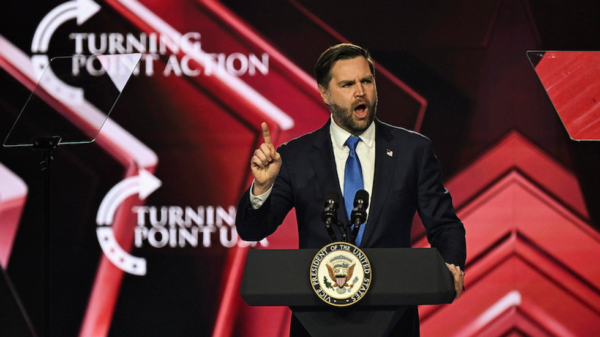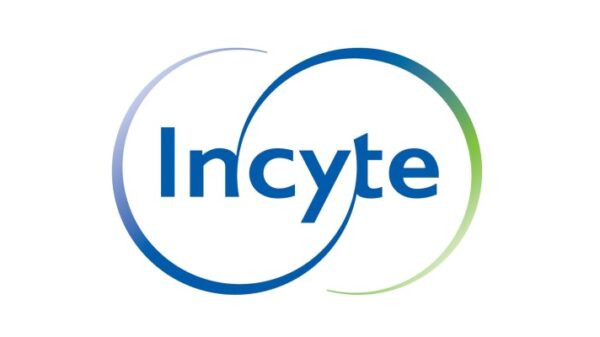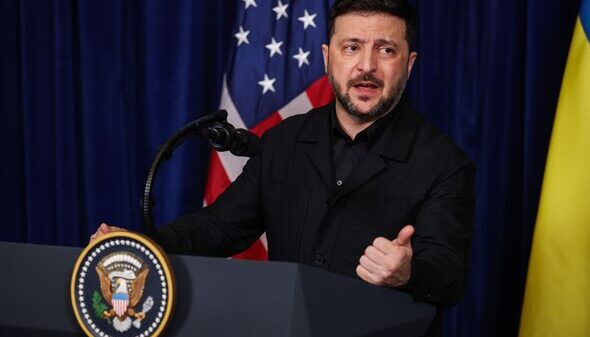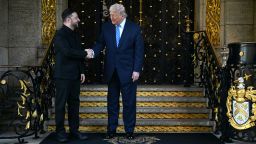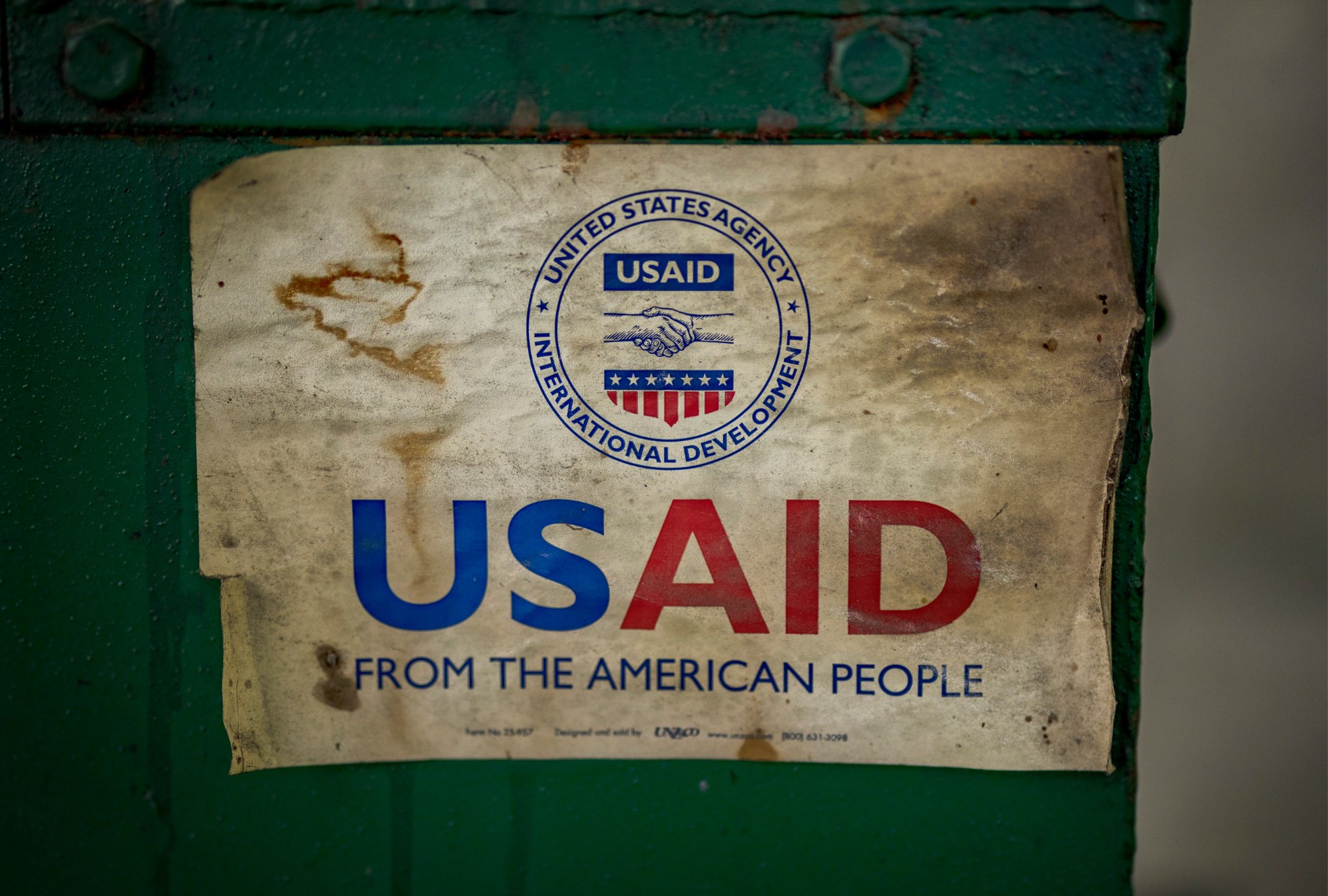The Trump administration’s significant cuts to the United States Agency for International Development (USAID) have raised serious concerns about the future of global health initiatives. These reductions not only jeopardize vital humanitarian programs but also reflect a troubling shift in America’s approach to soft power on the international stage.
Soft Power and USAID’s Role
USAID has long been considered an embodiment of American soft power, a strategic approach to influence through attraction and persuasion rather than coercion. The agency, a descendant of the Marshall Plan, played a crucial role in promoting development and stability in various regions, especially in Africa. Under previous administrations, USAID assistance to countries like Zambia peaked at approximately $409 million in 2024, contributing significantly to the fight against diseases such as HIV/AIDS and malaria.
In stark contrast, funding under the Trump regime for Zambia in 2025 has plummeted to $61.6 million, marking an 85% decrease. This sharp decline raises critical questions about the future of health programs that many vulnerable populations depend on. As Elizabeth Burleigh, an international health expert, notes, this funding cut comes at a time when the U.S. had made substantial progress, reducing AIDS-related deaths in Zambia from 120,000 in 2001 to 19,000 in 2022.
Despite the challenges USAID faced due to its bureaucratic processes, its commitment to accountability and oversight was paramount. The agency operated under stringent auditing conditions to prevent waste and ensure that funds were utilized effectively. The systematic dismantling of such an institution, however, has been likened to a reckless demolition, stripping away years of progress in global health.
Consequences of Funding Cuts
The consequences of these funding cuts extend beyond financial figures; they reflect a broader abandonment of commitments to those in need. Reports indicate that the Trump administration has failed to allocate resources effectively, leading to situations where essential humanitarian aid, such as food and medical supplies, has gone unutilized or has been wasted. For example, a stockpile of 500 metric tons of high-energy food bars intended for malnourished mothers and children in South Sudan was left to expire, illustrating the severity of mismanagement.
Moreover, the impacts of decreased funding are felt not only internationally but also domestically. The National Institutes of Health (NIH), the largest funder of biomedical research globally, has faced similar budget cuts. These reductions have resulted in the termination of at least 113 clinical trials across the United States, affecting thousands of patients who rely on experimental therapies for survival.
The dismantling of USAID is not merely an administrative issue; it symbolizes a broader ideological shift. The administration’s approach to governance has been characterized by a disdain for established institutions and a preference for short-term victories over long-term commitments. This has left many in the global community feeling abandoned and betrayed, questioning America’s reliability as a partner in development.
As the ramifications of these policies unfold, the need for a balanced approach to foreign aid and global health has never been more critical. The erosion of soft power through the dismantling of USAID not only weakens America’s standing in the world but also jeopardizes the lives of countless individuals who depend on its support. It is a stark reminder that in an interconnected world, isolationist policies can yield devastating consequences for both global health and national security.
In conclusion, the Trump administration’s actions regarding USAID reflect a troubling disregard for the principles of compassion and international responsibility. The long-term effects of these cuts will likely reverberate for years to come, impacting not only those abroad but also the perception of the United States on the global stage.



